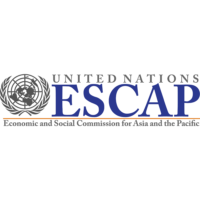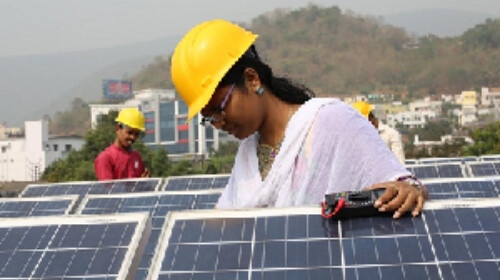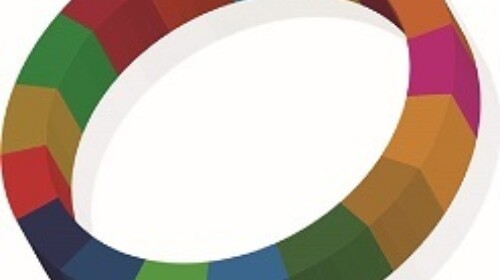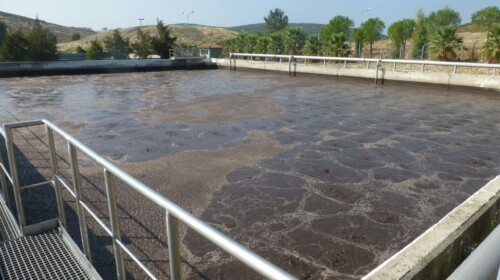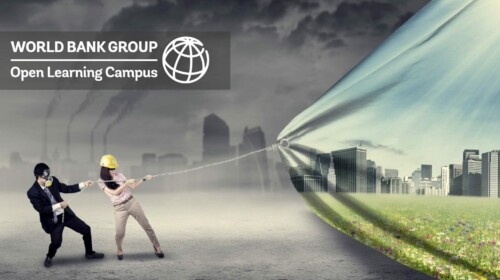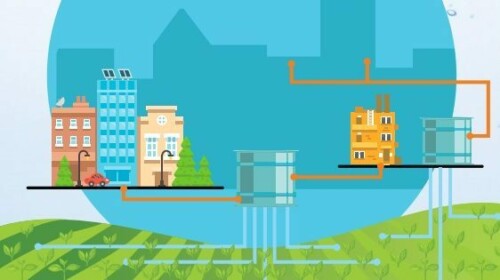This free eLearning course was developed to support city-level capacity building on the topic of plastic waste management. The purpose of this course is to share the latest knowledge and approaches to measuring and managing plastic pollution from land-based sources, in particular cities, for the achievement of local, national and regional goals related to sustainable development.
ABSTRACT
Plastic pollution is entering our oceans at an alarming rate, damaging our marine environments and endangering local livelihoods. The Asia-Pacific is an important centre of innovation for plastic waste management and a hotspot for pollution. Across the region, cities and city governments are at the frontier of global efforts to stop plastic waste entering the environment.
This course was developed for the Closing the Loop project by UN ESCAP in partnership with the Government of Japan. Closing the Loop aims to reduce the environmental impact of cities in ASEAN by addressing plastic waste pollution in the marine environment. In support of the ASEAN Framework of Action on Marine Debris and the G20 Osaka Blue Ocean Vision, the project will bring a more circular approach to plastic waste management and reduce the amount of waste entering the marine environment.
This course was developed to facilitate local government capacity building on the topic of marine plastic waste. Course development was led by UN ESCAP in collaboration with Ocean Conservancy, UN Environment Programme (UNEP), the Institute for Global Environmental Strategies (IGES), Women in Informal Employment: Globalizing and Organizing (WIEGO), Coordinating Body on the Seas of East Asia (COBSEA), Japan International Cooperation Agency (JICA), the International Solid Waste Association (ISWA), Plymouth Marine Lab, Wageningen University & Research, Keio University and the University of Leeds.
To stay up to date with the Closing the Loop Project and view all our resources and publications please visit our website: https://www.unescap.org/projects/closing-the-loop
For more information please download our eLearning Course Brochure: in English, in Japanese
Target Audience
- City governments;
- Other local and national-level policymakers;
- All other interested individuals and stakeholders.
Learning Objectives
In this course participants will:
- Learn about land-based plastic waste pollution issues in Asia and the Pacific region.
- Share contemporary scientific and practitioner knowledge and assessment methodologies to better understand the plastics pollution challenge.
- Explore state-of-the-art technologies and techniques being used to measure and monitor plastic waste in municipal and marine environments.
- Inspire action to tackle practical challenges in municipal solid waste management systems for terrestrial and marine environments.
- Equip decision makers and practitioners with practical tools, policies and approaches for tackling plastic waste.

